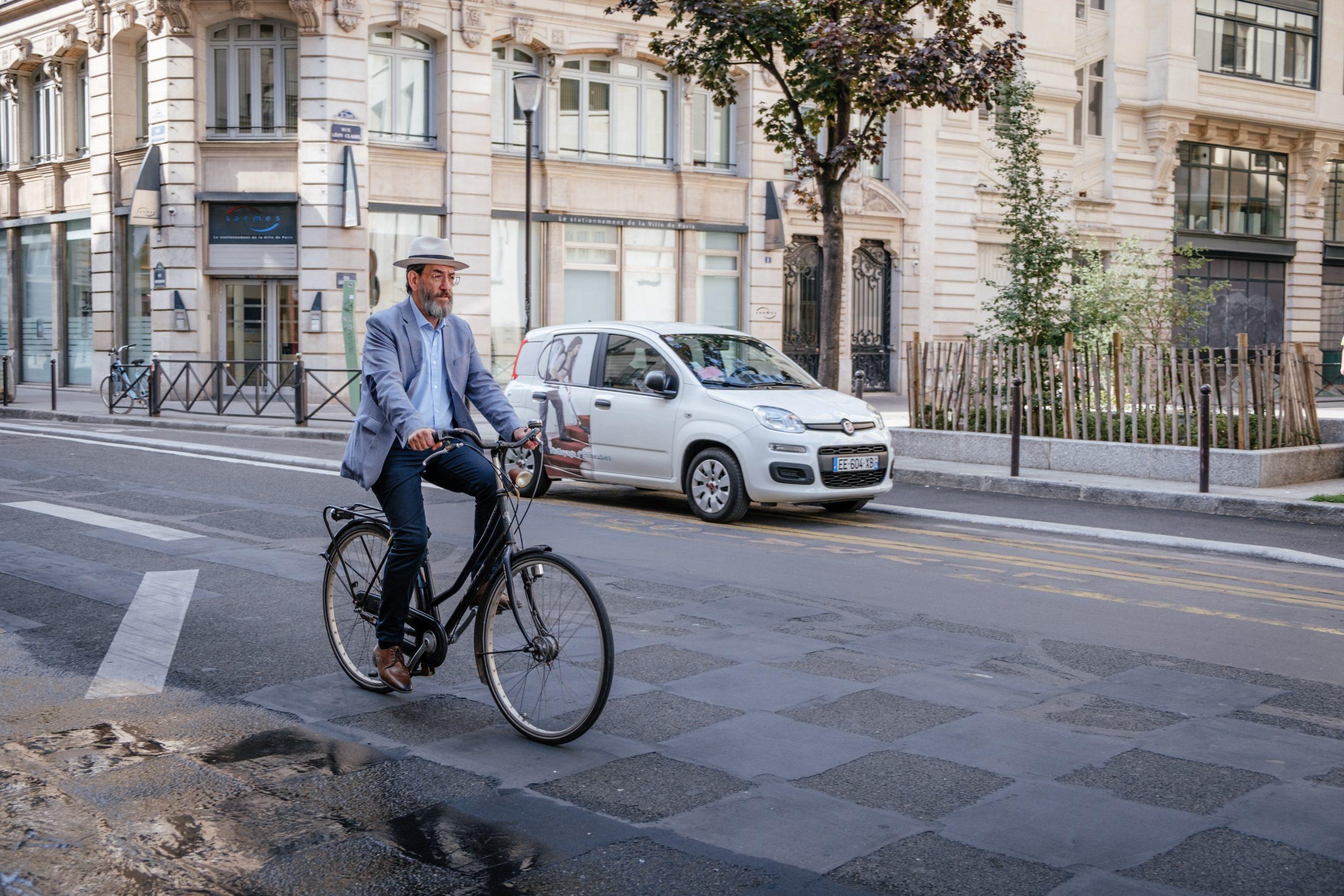Smart cities are known for offering numerous benefits to the community related to transportation, communication, opportunity, healthcare, and more. While this is great for anybody who lives there, many of the changes offer substantial advantages to those with Alzheimer’s disease and other forms of dementia.
You may be wondering how the features of a smart city could help the elderly including those who have memory loss associated with Alzheimer’s. Well, it depends on the specific changes made and the ways they can benefit the population. This article examines some of the biggest benefits of a smart city to show the benefits for those who suffer from cognitive decline.
Better Transportation
A smart city can greatly benefit individuals with memory loss by providing improved public transportation services and better traffic management solutions. These advancements can include accurate route times, up-to-date information, and easier access to transportation services, such as those offered by https://mydocurgentcare.com/. With these solutions, individuals with memory loss can more easily navigate the city and arrive at their doctor’s appointments with less confusion and frustration. Caregivers can also better plan out their day by avoiding traffic congestion and reducing the risk of agitation and confusion for their patients.
There is also the benefit of way-finder technology and virtual mapping. This can help citizens navigate through the streets or large buildings to avoid becoming lost or to remind them about the present. Someone with early stages of dementia is more likely to become lost in large areas, but a virtual map with GPA can tell them where they need to go whether they are with a caregiver or not.
Transportation also includes being able to walk around the city and smart cities are being designed for ease of access for the elderly and disabled. Better access with limited barriers can be highly beneficial for someone with cognitive decline.
Improved Infrastructure
The elderly population including those with Alzheimer’s disease or dementia can have a hard time with older infrastructure that does not make adaptation easy. Old sidewalks can help someone with Alzheimer’s get around safely. The construction of new parks can provide a place for enjoyable activities that can promote better health. Difficulties with certain areas can be identified to improve issues that citizens struggle with, and problematic areas can be addressed.
One infrastructural feature that could be highly beneficial to citizens suffering from memory loss caused by Alzheimer’s is the implementation of customized front doors or even doors of frequented stores. The customization helps someone with dementia to identify their own home and allows them to stay safe and comfortable in the area.
Many smart cities also incorporate apps on their phone that allows them to connect with traffic lights. This can adjust the crossing time so that someone who cannot walk fast can make it across before traffic begins again.
Educational Engagement
Smart cities often have a mission to improve community engagement, which can help Alzheimer’s patients to build a support system and thrive with enjoyable opportunities, educational options, and social connections. Smart cities want to make these types of resources abundant and easy to access for every citizen within the community.
Location Data
People with Alzheimer’s are more likely to become lost and disoriented, but smart cities are better equipped to handle this issue. With cameras and GPS technology, the smart city can locate a missing person or even send them a message to ensure that help can get to them. This can also help the elderly population avoid high crime areas and provide the necessary support when needed.
Many smart cities offer resources that can help the elderly and those suffering from Alzheimer’s or dementia by allowing them to feel confident and secure. Signs, maps, and other beneficial components can be displayed in large fonts making it easier for anyone to read. Just including these types of features may be enough to provide confidence for the elderly. One study even shows that providing free bus passes to the elderly may reduce the rate of depression.
Smart Homes
In addition to smart cities, smart homes can offer a variety of benefits to Alzheimer’s patients or anybody undergoing cognitive decline. Those who have dementia often feel discouraged when they can no longer live alone or safely be independent.
Both smart cities and smart homes can help to retain independence without compromising safety because it allows citizens to stay connected, find meaningful solutions to problems, and access necessary resources. Things like voice recognition, sensors to detect a fall, widened hallways, and discreet cameras can all be effective for keeping anyone safe in their own home without constant assistance.
Smart home technology also makes it easier for patients to speak with doctors, family, and support systems from the comfort of their own homes. Video calls can be a welcome addition to the home for social interaction without the potential pitfalls of leaving the safety of the home.
Conclusion
As smart city technology is becoming more common and integrated into urban lives, more and more benefits will be revealed. While many of the enhancements are great for every citizen, many of the changes can be highly advantageous to those who suffer from Alzheimer’s disease and other forms of dementia.




